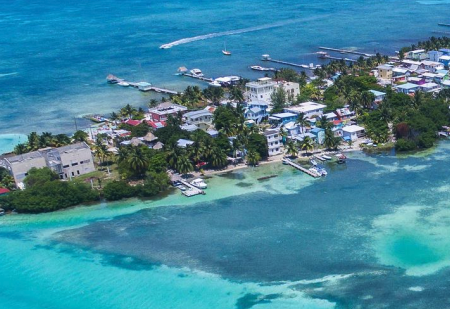Resources
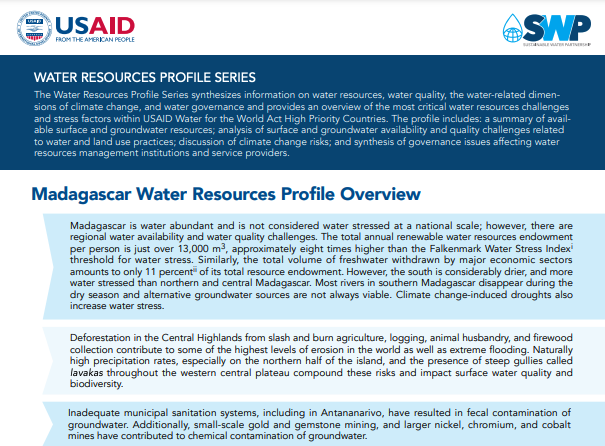
Madagascar Water Resources Profile
Madagascar is water abundant and is not considered water stressed at a national scale; however, there are regional water availability and water quality challenges.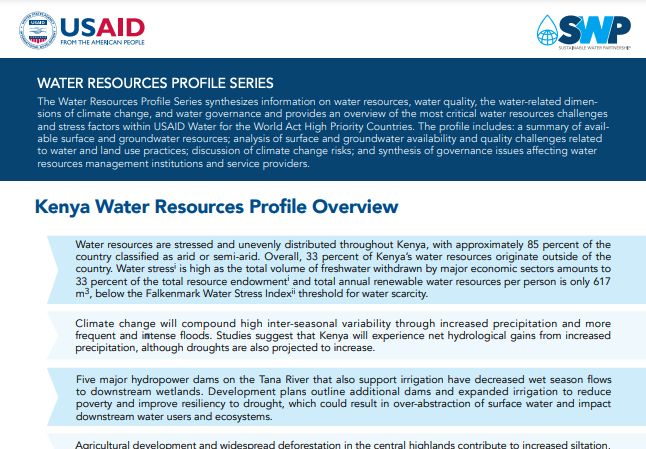
Kenya Water Resources Profile Overview
Five basins account for 90 percent of Kenya’s total annual renewable supply. An estimated 75 percent of surface water originates as precipitation runoff from five “water towers” in central and western Kenya.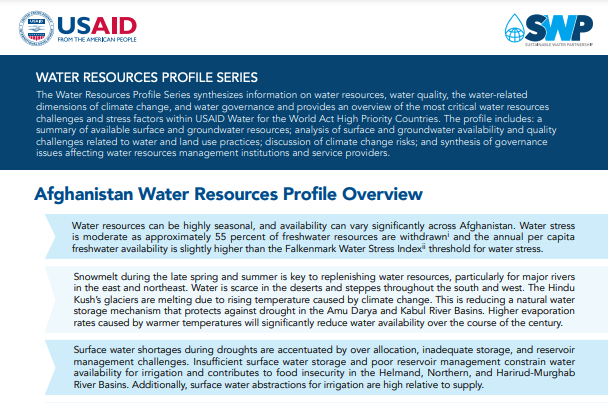
Afghanistan Water Resources Profile
Afghanistan manages its surface waters through five basins: Kabul, Helmand, Harirud-Murghab, Northern, and Amu Darya.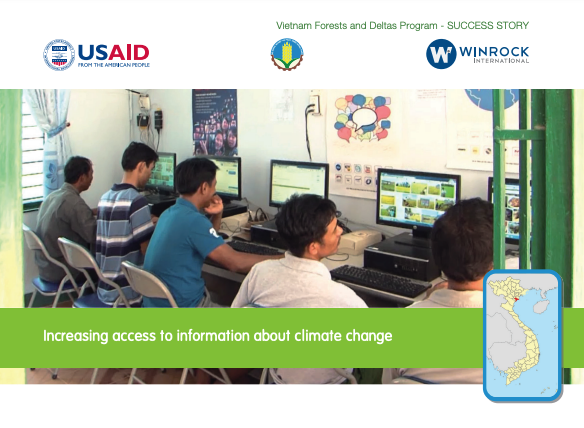
SUCCESS STORY: Increasing access to information about climate change
Vietnam is one of the most vulnerable countries to the effects of climate change. The densely populated coastal areas are exposed to tropical storms and saltwater intrusion, while increasing temperatures and worsening droughts and floods threaten food security and livelihoods. Although general awareness about climate change is growing, access to detailed and up-to-date information on […]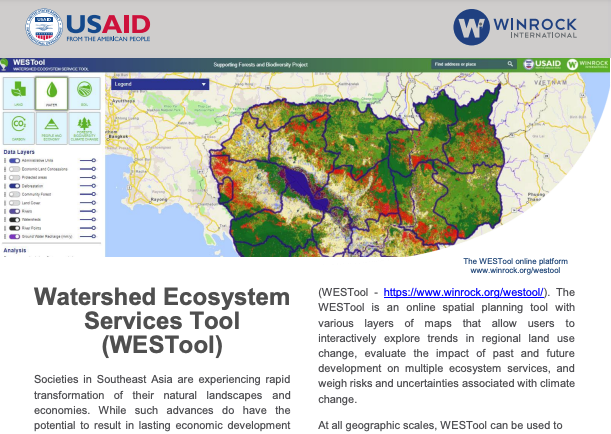
WESTool Success Story
USAID Supporting Forests and Biodiversity (SFB) in Cambodia developed the Watershed Ecosystem Service Tool. The WESTool is an online spatial planning tool with various layers of maps that allow users to interactively explore trends in regional land use change, evaluate the impact of past and future development on multiple ecosystem services, and weigh risks and […]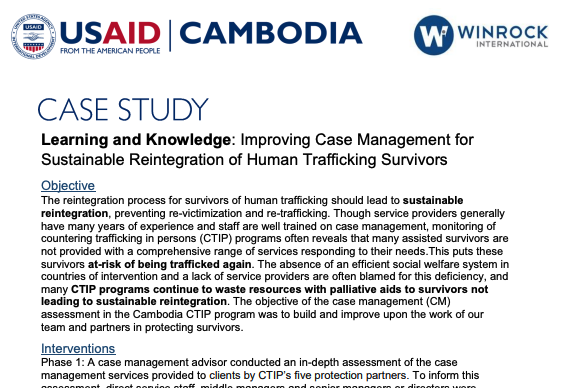
CASE STUDY – Learning and Knowledge: Improving Case Management for Sustainable Reintegration of Human Trafficking Survivors
The reintegration process for survivors of human trafficking should lead to sustainable reintegration, preventing re-victimization and re-trafficking. Though service providers generally have many years of experience and staff are well trained on case management, monitoring of countering trafficking in persons (CTIP) programs often reveals that many assisted survivors are not provided with a comprehensive range […]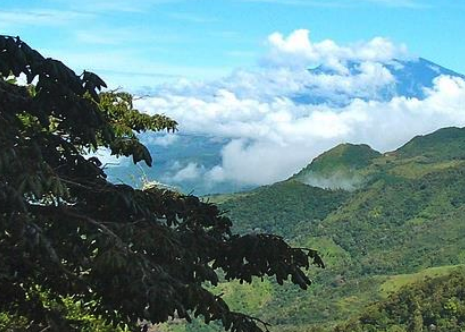
Participación y Asistencia a Nivel del País para Reducir el Trabajo Infantil (CLEAR II, por sus siglas en inglés) en Panamá
Según el documento que el USDOL publicó en 2016, titulado Conclusiones sobre las peores formas de trabajo infantil, Panamá ha logrado avances considerables para la eliminación de las peores formas de trabajo infantil. El gobierno panameño ha actualizado la lista de trabajos peligrosos para niños, ha firmado acuerdos con otros países para abordar el tema […]
Country Level Engagement and Assistance to Reduce (CLEAR) Child Labor II Project in Panama
Panama has made significant advances towards eliminating the worst forms of child labor according to the USDOL’s 2016 Findings on the Worst Forms of Child Labor. The Panamanian government has updated the list of hazardous employment for children, signed agreements with other countries to address child labor, and ratified key UN conventions and the ILO […]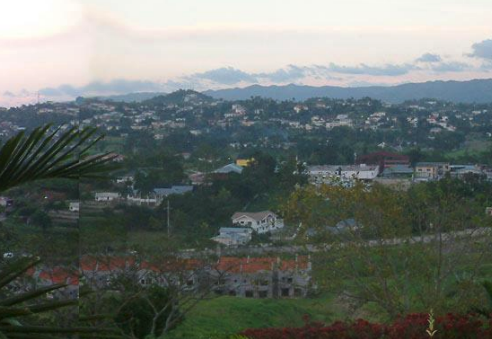
Country Level Engagement and Assistance to Reduce (CLEAR) Child Labor II Project in Jamaica
At the close of the 4th Global Conference on the Sustained Eradication of Child Labor in November 2017, the Network of Focal Points of the Regional Initiative, Latin America and the Caribbean Free of Child Labor, of which Jamaica is a member, stood up to pledge its commitment to mapping national risks of child labor […]